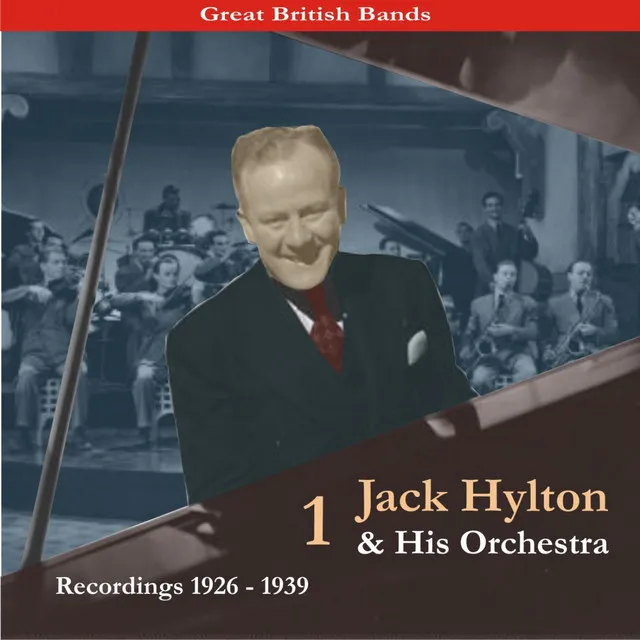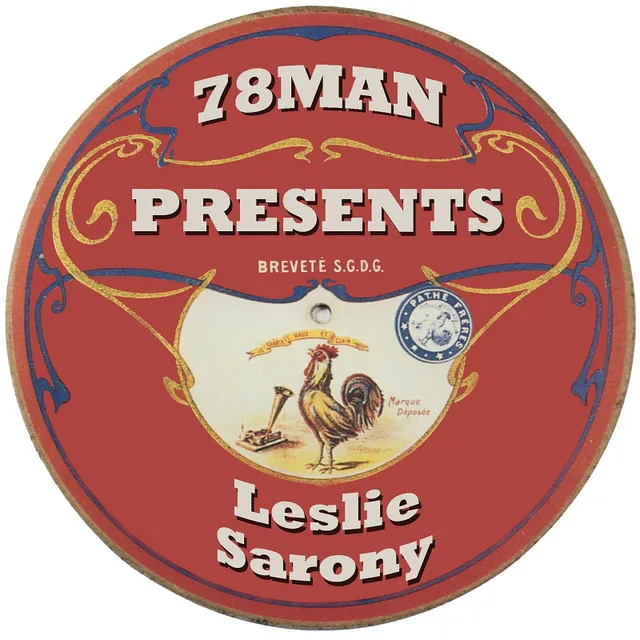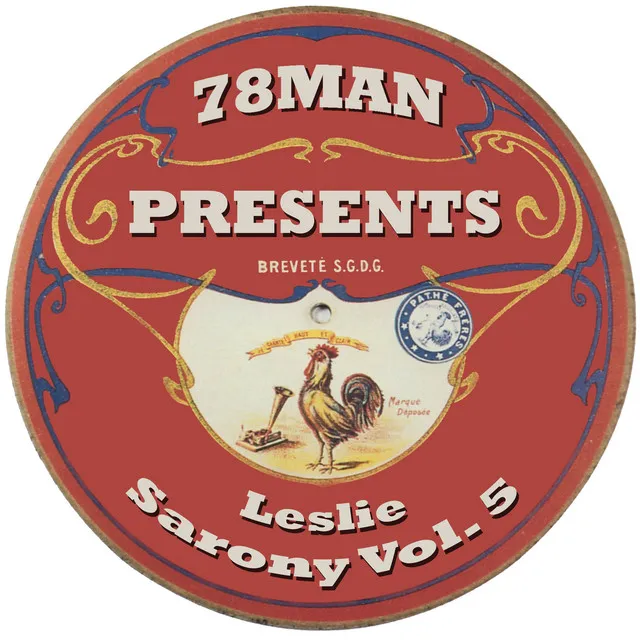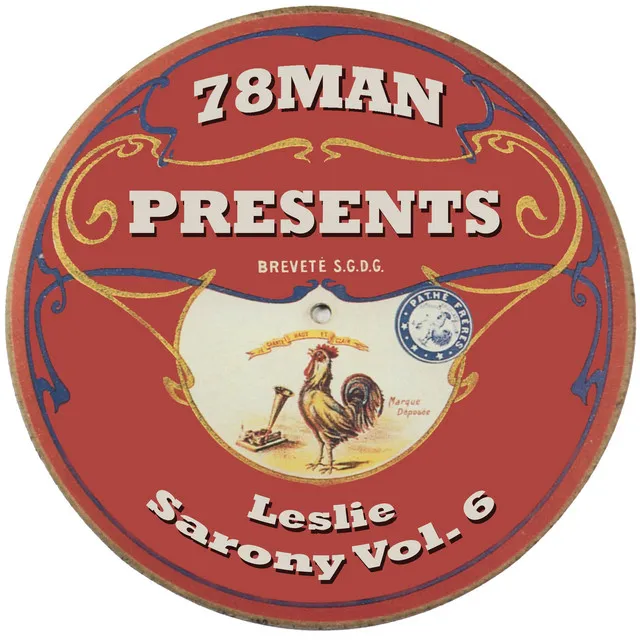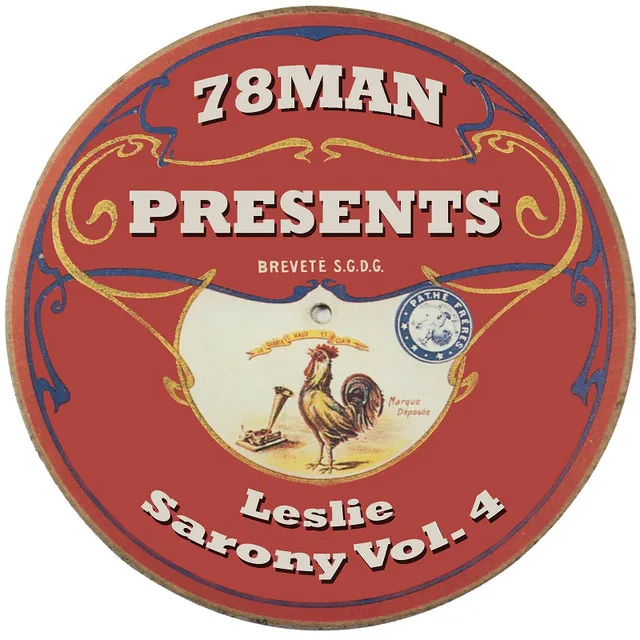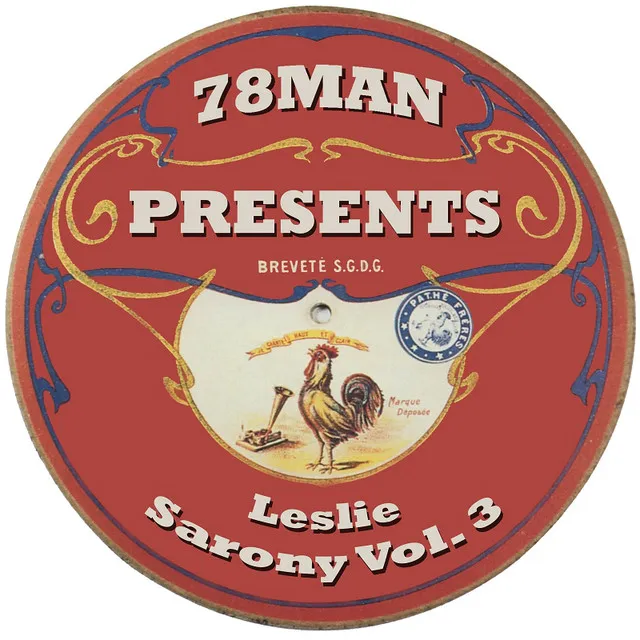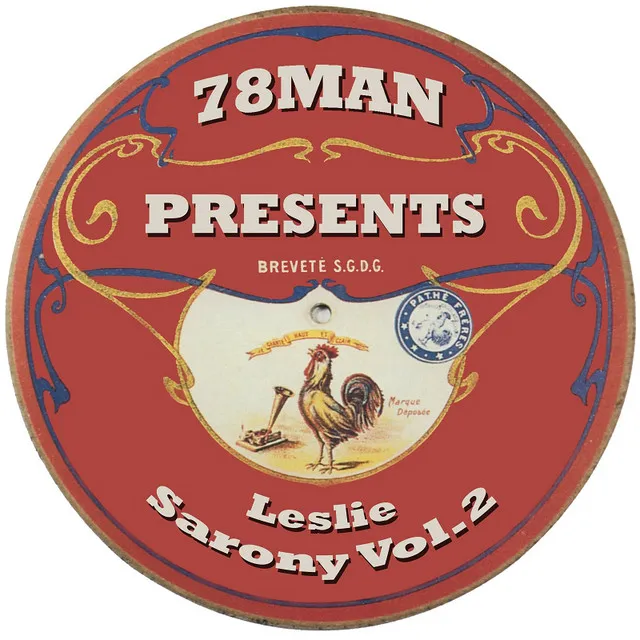b. 22 January 1897, Surbiton, Surrey, England, d. 12 February 1985. A singer, songwriter and all-round entertainer, Sarony made his first stage appearance in a music hall act in 1911. He subsequently became one of Park’s Eton Boys, and appeared in the revue Hello Tango at the London Hippodrome in 1913. He also toured the provincial music halls while they were enjoying their ‘golden era’. During World War I, he served with the London Scottish Regiment in France and Salonika, spending much of his time entertaining in army concert parties. After the war he appeared in pantomime, and then in 20s revues such as The Peep Show, His Girl, Dover Street To Dixie, Brighter London, The Whirl Of The World, Rat-A-Tat and Up With The Lark, and an adaptation of the French operetta Phi-Phi.
In 1928, he played the role of Frank Schultz, with Edith Day and Howett Worster, in the London production of Show Boat. Two years later, he joined Day again in Rio Rita, at the Prince Edward Theatre. In the following year, Sarony had what was probably his best-known song, ‘I Lift Up My Finger And I Say ‘Tweet Tweet’’, interpolated into the musical Love Lies, which starred Stanley Lupino. Sarony also contributed ‘Far Away’ to Silver Wings, in which he also appeared, and his ‘How’re You Getting On?’ was included in the ‘musical horse play’ Sporting Love (1935). Sarony devoted himself more to variety shows in the early 30s and became a popular radio personality. In 1935 he teamed up with Leslie Holmes, a former dance band drummer, to form the Two Leslies, which became an extremely popular variety and radio act. They appeared in a Royal Command Performance, and toured North Africa and Italy, entertaining the Allied Forces in World War II. Holmes left the act in 1946, and Sarony worked with another partner for a while, and then continued as a single, armed with a battery of monologues, songs, funny voices and eccentric sound effects that sustained him during the radical changes which took place in popular music.
In his heyday, when he sang with top dance bands such as Jack Hylton, he had a knack of composing songs which appealed to ordinary people. Some of these songs had unusual or colloquial titles, such as ‘Mucking About In The Garden’, and ‘Ain’t It Grand To Be Bloomin’ Well Dead’. Others included ‘Forty Seven Ginger-Headed Sailors’, ‘Over The Garden Wall’, ‘Wheezy Anna’, ‘Coom Pretty One’, ‘Rhymes’, ‘When The Guards Are On Parade’ (with Horatio Nicholls) and ‘When A Soldier’s On Parade’. In 1968, he appeared in the British musical film Chitty Chitty Bang Bang, and in the 70s undertook straight roles in the theatre, in productions ranging from Beckett’s Endgame to Shakespeare’s As You Like It. He was back in the musical theatre in 1977, appearing with Roy Castle in The History Of Mr Polly, for which he wrote ‘Sweet Fanny Adams’. He appeared in another British film, Yanks (1979), and in the same year, in a nostalgic concert at London’s Royal Festival Hall, he was as perky and vital as ever at the age of 82.
